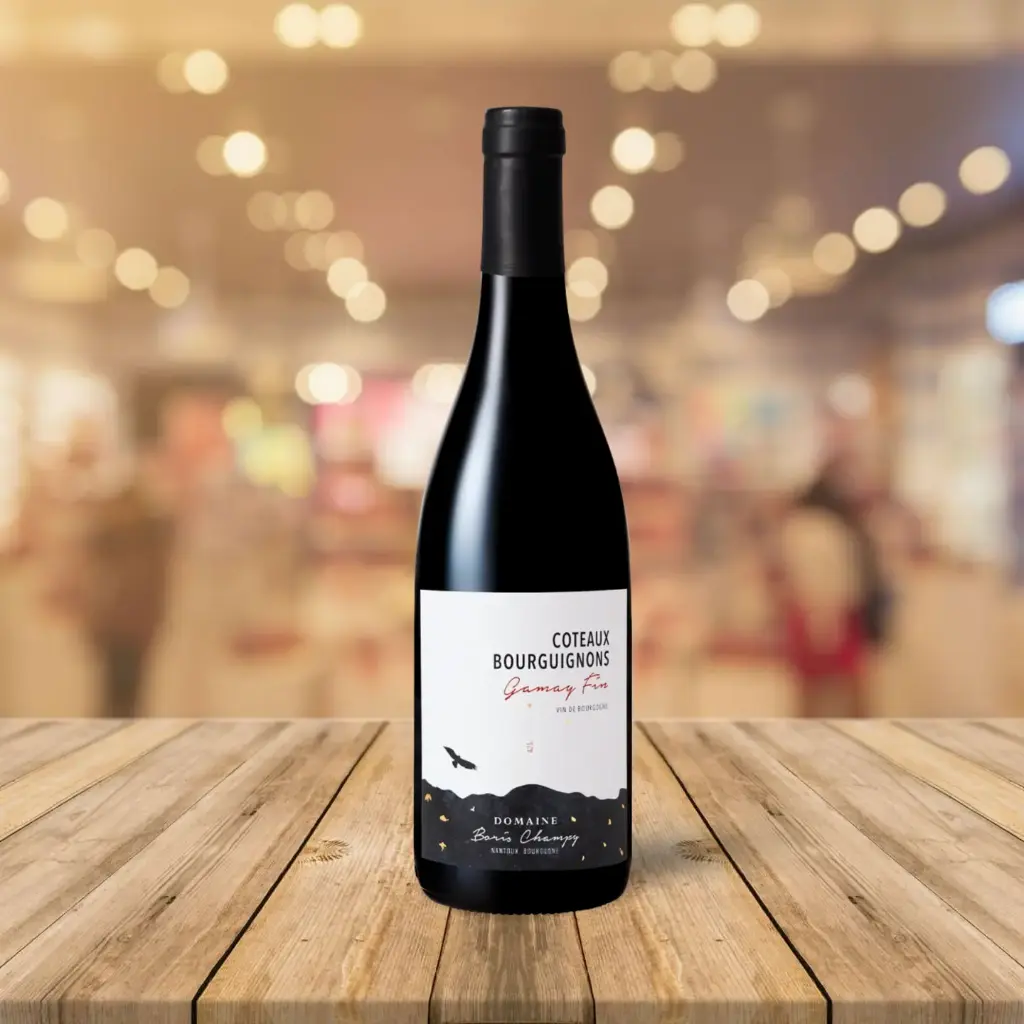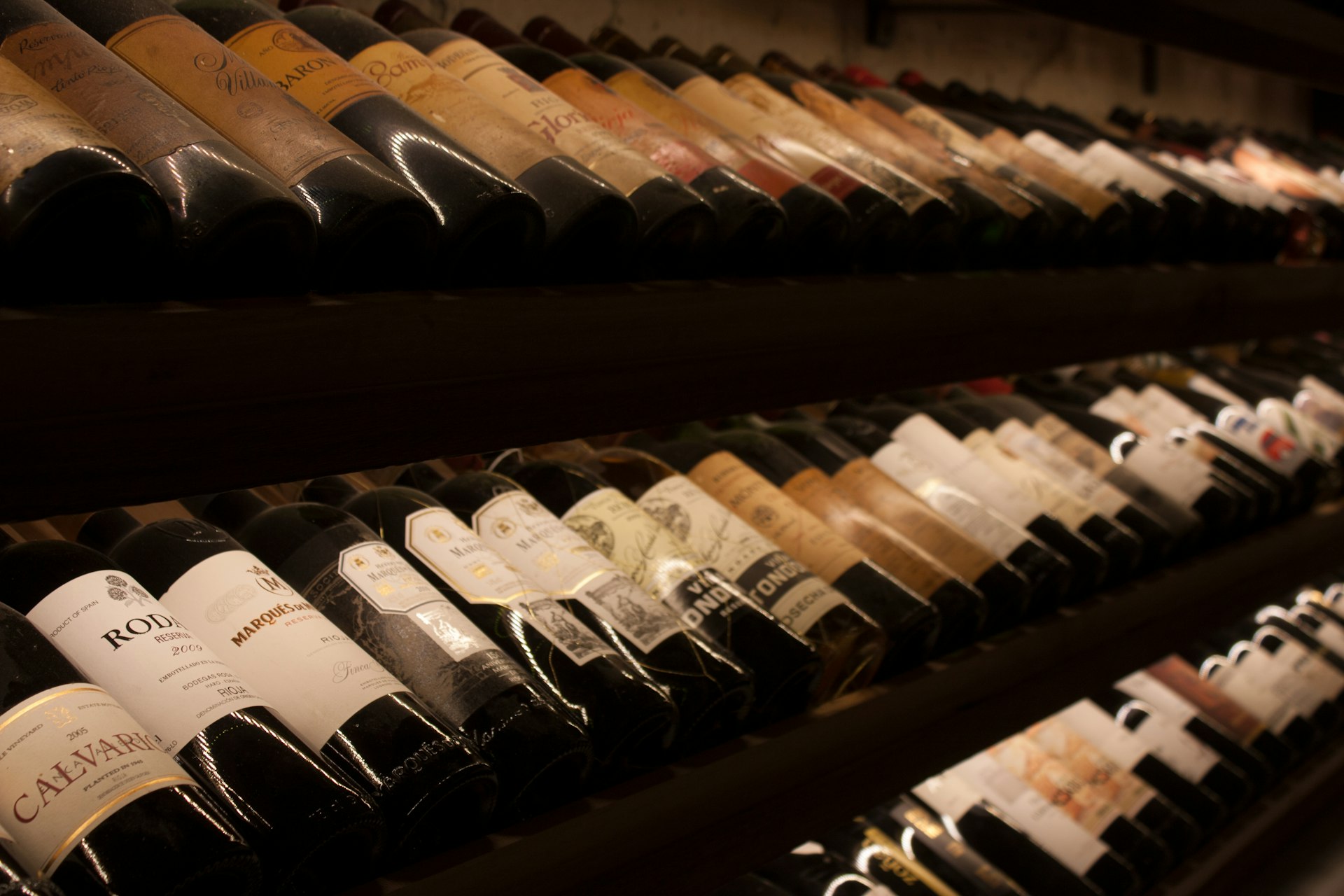The Estate
 Born in 1974, Boris Champy is originally from the Champagne region. A trained oenologist, he first spent ten years in California’s Napa Valley, working at the Dominus estate. He then became Technical Director at Domaine Louis Latour in Beaune, followed by Estate Manager of Clos des Lambrays in Morey-Saint-Denis. He has also served as president of the Corton ODG and was a founder of an environmental protection association. On a more personal level, Boris is an accomplished triathlete and passionate about history.
Born in 1974, Boris Champy is originally from the Champagne region. A trained oenologist, he first spent ten years in California’s Napa Valley, working at the Dominus estate. He then became Technical Director at Domaine Louis Latour in Beaune, followed by Estate Manager of Clos des Lambrays in Morey-Saint-Denis. He has also served as president of the Corton ODG and was a founder of an environmental protection association. On a more personal level, Boris is an accomplished triathlete and passionate about history.
Over the course of these formative years, numerous encounters allowed him to develop not only a thorough expertise from vineyard to cellar but also an entrepreneurial spirit that led him, midway through his life, to establish his own estate.
In 2019, with no successor in place, Didier Montchovet chose to entrust Boris Champy with his estate and, most importantly, with the philosophy he had upheld since 1984. The handover was smooth and began informally during the 2019 harvest, in which Boris Champy took part.
Boris Champy is enthusiastic and confident in the future of the Hautes-Côtes, notably thanks to their altitude in the context of climate change. Alongside neighboring winegrowers, he seeks to elevate the reputation of this beautiful yet still little-known wine region. The objective of Domaine Boris Champy is simple: to highlight the individual lieux-dits, to showcase the microclimates, varying exposures, and other fascinating subtleties.
High up in the hills and valleys of the Hautes-Côtes, Boris practices a style of viticulture that differs from that of the Côte d’Or. The plots are islands of biodiversity, made up of various enclosed parcels, trees, living hedges, dry stone walls and “meurgers,” as well as fruit trees. Boris believes in a holistic approach—an agroecological system that deeply respects the environment.
The Wine
Le domaine a la chance d'avoir à Nantoux 3 parcelles (En Bignon, Le Clou et une autre vers la Montagne de Cras) de très vieilles vignes de Gamay. Cet autre cépage rouge de la Bourgogne est encore trop méconnu pour sa capacité à créer de grands vins.
Vendanges manuelles à l’optimum de maturité. Très petits rendements.
Vinifications : démarrage de la macération en fermentation carbonique, extraction douce, avec 50% de vendange entière, en foudre de bois.
Elevage : 12 mois en moyenne avec une répartition entre fûts anciens et cuve.
Tasting
Bouquet fruité où poivre vert, épices et herbes aromatiques se conjuguent. Bouche très gouleyante avec un joli relief et des tannins merveilleusement fondus.


